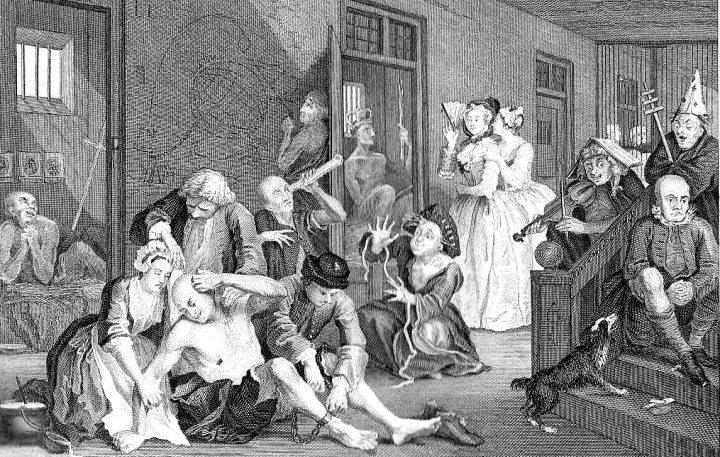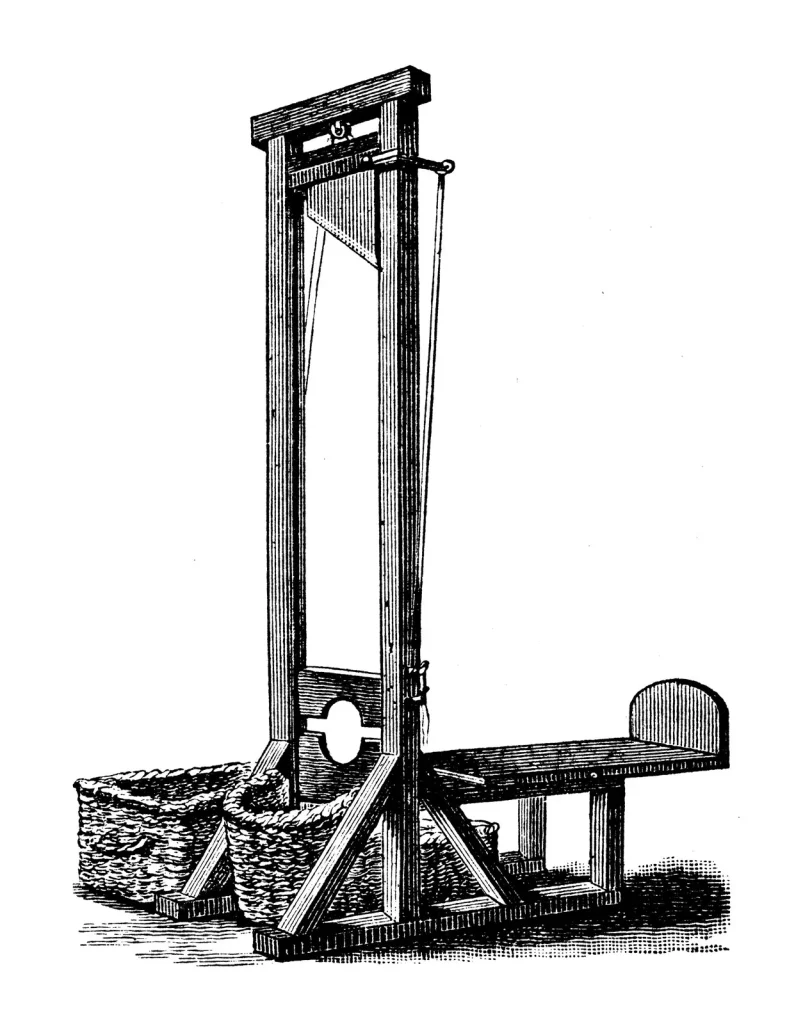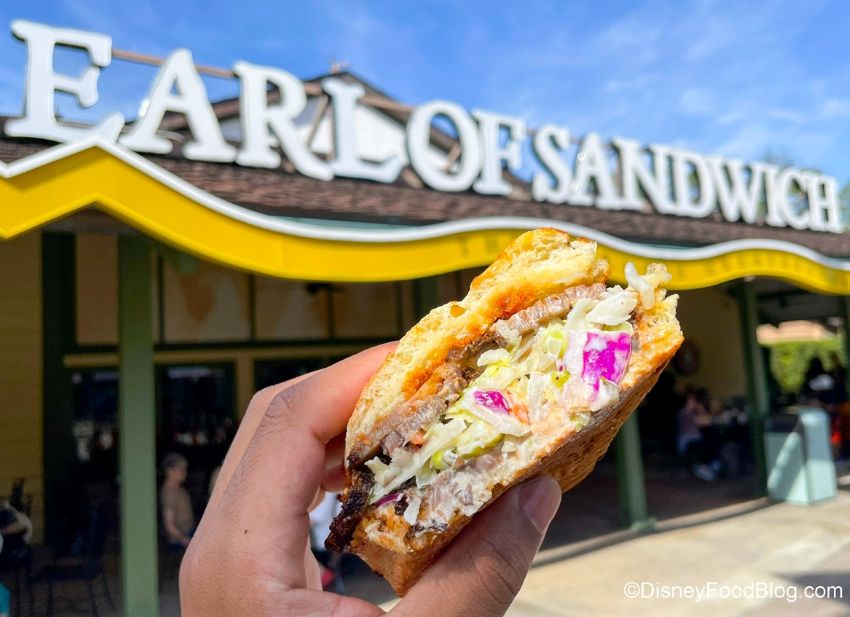Visitors to my Facebook page and website have proved that they love words. Here’s a test: Do you know what an eponym is?

Homonyms are words with more than one meaning, such as rock, or fall. Synonyms mean nearly the same thing as another word, while antonyms mean the opposite. Acronyms combine the initial letters of a group of words to form a new word: NATO (North Atlantic Treaty Organization) or laser (from light amplification by stimulated emission of radiation—sure, I knew that).
Less familiar, but perhaps more interesting, eponyms are words named for someone or something thought to be their source. How many of these do you know?

Bedlam: Back in the days of insane asylums, London locked the afflicted in St. Mary of Bethlehem Hospital, which got reduced to bedlam.
Cardigan: The Earl of Cardigan is remembered for the woolen jacket that his troops wore in Crimea. The same earl ordered the ill-fated Charge of the Light Brigade.
Deadline: During the Civil War, military prisons marked a boundary beyond which a prisoner could not venture without risk of being shot by the guards. (Fortunately, publishers do not enforce deadlines so severely.)
Gibberish: Possibly this word refers back to Jabir ibn Hayyan, an 8th-century alchemist who lived in fear of being prosecuted for black magic. He wrote his observations so obscurely that no one knew what he was talking about.
Guillotine: Poor Dr. Joseph-Ignace Guillotin went down in history as the inventor of an execution device, when all he had done was advocate it as a more merciful form of capital punishment than hanging or the ax.
Jeremiad: A long complaint or lament, named after the prophet Jeremiah, who is credited with writing the Book of Lamentations.
Jeroboam: A wine bottle four times the size of a standard bottle, named for the Old Testament king Jeroboam. The longest-living person, Methuselah, became the eponym for a bottle even larger—twice the size of a Jeroboam.
Lynching: During the Revolutionary War, Charles Lynch set up a military court on his property and hung convicted Tories by their thumbs. Meanwhile, his brother John was busy founding the settlement of Lynchburg, Virginia.

Macadam: A kind of pavement made up of broken stones often covered with asphalt was named after John McAdam, the Scottish engineer who invented the process.
Maudlin: The word for a person effusively sad comes from depictions of Mary Magdalene, a tearful penitent in the Gospels.
Maverick: A Texan named Samuel Augustus Maverick defied the ranchers’ practice of branding cattle, hence donating his name to independent-minded people who “do it my way…”
Oppressed: The word derives from a popular torture technique used in England during the wars of religion. Unrepentant Catholics were placed under a board on which heavy boulders were heaped to literally press the life out of the martyrs.
Pandemonium: John Milton coined this word, the capital of Hell in his poem Paradise Lost. Literally, it means “the home of all demons.”
Sandwich: Named after John Montagu, an 18th century politician whose domain included the English town of Sandwich. The name Earl of Sandwich endures —as a restaurant founded at Disney World.
Sideburns: Although Union General Ambrose E. Burnside didn’t distinguish himself on the Civil War battlefield, his facial hair style inspired the term burnsides which later evolved into sideburns. Burnside was also the first president of the National Rifle Association.
Tantalize: From a Greek myth about a legendary king, Tantalus, who was condemned to stand in water that receded when he tried to drink and beneath fruit that receded when he reached for it.
Do you have your own favorite tantalizing eponym?






Interestingly enough my extensive watching of Britbox shows (such as Inspector Morse and Inspector Lewis) revealed to me that Magdalene College in Oxford UK is pronounced “Maudlin”…and now I know why!!!!
The term boycott refers to Charles Boycott, a land agent in Ireland.
Thanks Philip! What a fun interesting read. Great conversation starters!
I always enjoy your posts. This one was fascinating – wonder about the derivation of that word ?